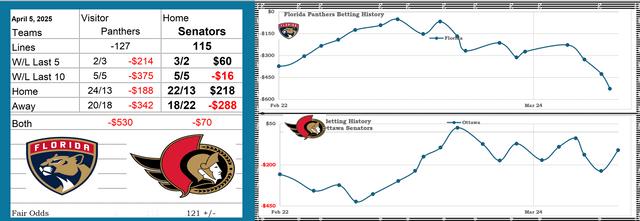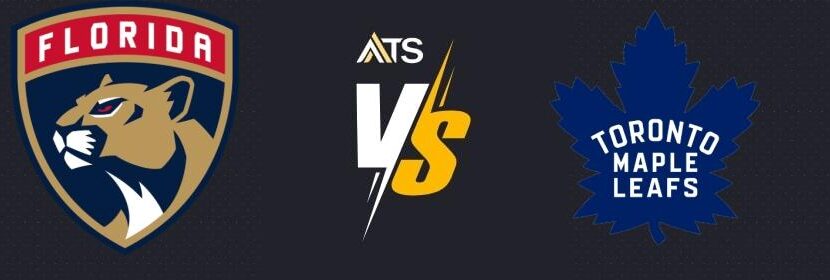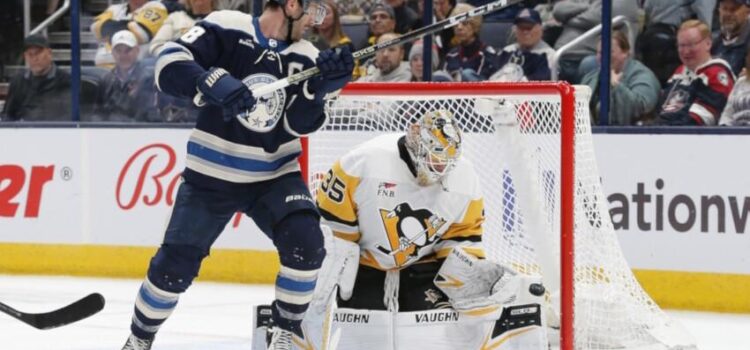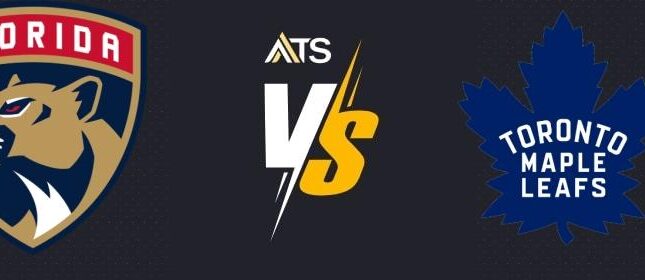
We’re standing at the edge of the ice, trying to master the art of predicting NHL outcomes. If you’re new to this, you’re probably seeking the best NHL predictions for beginners. Consider this your playbook—a guide packed with tips and tricks to bolster your prediction skills from novice to adept.
Understanding the Game
First, let’s talk hockey. Millennials and newbies alike need to grasp the basics deeply. You might know the rules, but have you ever thought about the strategy and players’ motivations? Like a game of chess on ice, understanding team dynamics can give you significant insight.
The Importance of Research
Good predictions don’t just fall from the sky. We need to embrace research with open arms. Essential here is checking recent performance data, player stats, and injury reports. Trusted sites, like NHL.com and Hockey-Reference, offer objective, in-depth insights. Use them.
Best NHL Predictions for Beginners: A How-To
You clicked here searching for the best NHL predictions for beginners, right? You’ve found your treasure map. Let’s dive deeper.
Break It Down: Team Analysis
- Recent Form: Is the team on a winning streak, or are they enduring a slump?
- Head-to-Head Stats: How have both teams fared against each other historically?
- Home/Away Records: Some teams melt under pressure when they’re not on home turf.
Player Analysis: The Rising Stars
For instance, watch out for up-and-coming players whose performance might just tip the scales. Remember, a player dealing with an injury might not be at their best, changing the game’s outcome.
Advanced Prediction Techniques
You might be thinking, what’s next? Once you’ve mastered the foundational insights, you graduate to advanced prediction techniques!
Incorporating Analytics
Think of hockey as science. Sophisticated statistics like Corsi and Fenwick percentages aren’t just jargon—they’re gold mines for making precise predictions.
Corsi Vs. Fenwick
| Metric | Description | Benefit |
|---|---|---|
| Corsi | Measures shot attempt differentials | Indicates a team’s puck control |
| Fenwick | Excludes blocked shots | Provides insights on effective possession |
Integrating these metrics can dramatically improve your prediction accuracy.
Why Consistency is Key
Finally, while we might love a good miracle game night, consistency reigns supreme in the prediction game. Stick to your methods. Flexibility is excellent, but so is trusting your honed skills.
Cultivating Consistent Observation
- Watch Games Regularly: Observing in real-time offers layers of nuance that stats sometimes miss.
- Note Patterns: Consistent observation helps you notice team patterns and individual player habits over time.
In A Nutshell – Recapping Best NHL Predictions for Beginners
We’ve meandered through the snowy pathways of tips for the best NHL predictions for beginners. By marrying research, analytics, and consistency, we’re on a solid path to making sound judgments. As the puck drops, remember: patience, dedication, and a splash of intuition can turn even beginners into prediction pros.
Let’s lace up our skates and hit the ice with newfound confidence. Remember, the arena is vast, and the possibilities are endless. What are you waiting for? Dive in, predict wisely, and enjoy the thrill of the game!
Want more insights? Stay updated with our blog for regular NHL predictions and get deeper dives into the world of hockey stats and trends.











